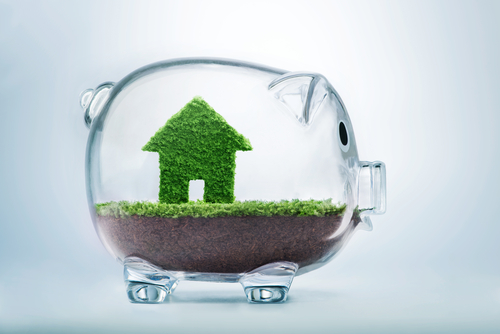Written on: April 15, 2022
 Between high inflation and skyrocketing energy prices, just about everyone is looking for ways to save money. With heating and cooling comprising a big chunk of your total home energy expenses, it makes sense to take some steps so you can conserve on air conditioning now, and then on heat later in the fall.
Between high inflation and skyrocketing energy prices, just about everyone is looking for ways to save money. With heating and cooling comprising a big chunk of your total home energy expenses, it makes sense to take some steps so you can conserve on air conditioning now, and then on heat later in the fall.
First and foremost, the key to saving energy and money is improving efficiency at home! And when it comes to improving the energy efficiency of your heating system, one of the best things you can do is schedule an annual heating system maintenance service (also known as a tune-up) with your equipment service provider.
Not only will this ensure that your heating system is running properly, but this preventive maintenance will also ensure that the system is operating at peak efficiency which helps you use less fuel to keep warm. Take the same approach with your air conditioning system. The more efficient it is, the lower your electric bills will be.
During the cold months, keep curtains and shades open in sun-exposed rooms to absorb all that free heat and solar energy during the day, then close them at night to keep it in at night. Do the reverse in the summer by closing curtains and shades during the day to block solar heat. Smart window treatments can help manage solar energy throughout the year.
In the spring and summer, the U.S. Energy Department recommends setting your central air conditioning system to 78°F when you’re at home. Program your A/C system to shut off 20-30 minutes before you leave home each day; return the temperature setting to normal comfort levels 20 to 30 minutes before you come home.
In the winter, the optimal setting is 68°F when you’re at home. Dial it down toward the 60°F range when you’re asleep or out of the house. The temperatures you ultimately choose will depend on factors like the outdoor temperature and your family’s comfort preferences. Remember, these are just guidelines.
You can positively impact your home’s energy efficiency in the biggest way through upgrades to equipment like heating oil boilers and heating oil furnaces. You can read more about this here.
Read more energy-saving tips.